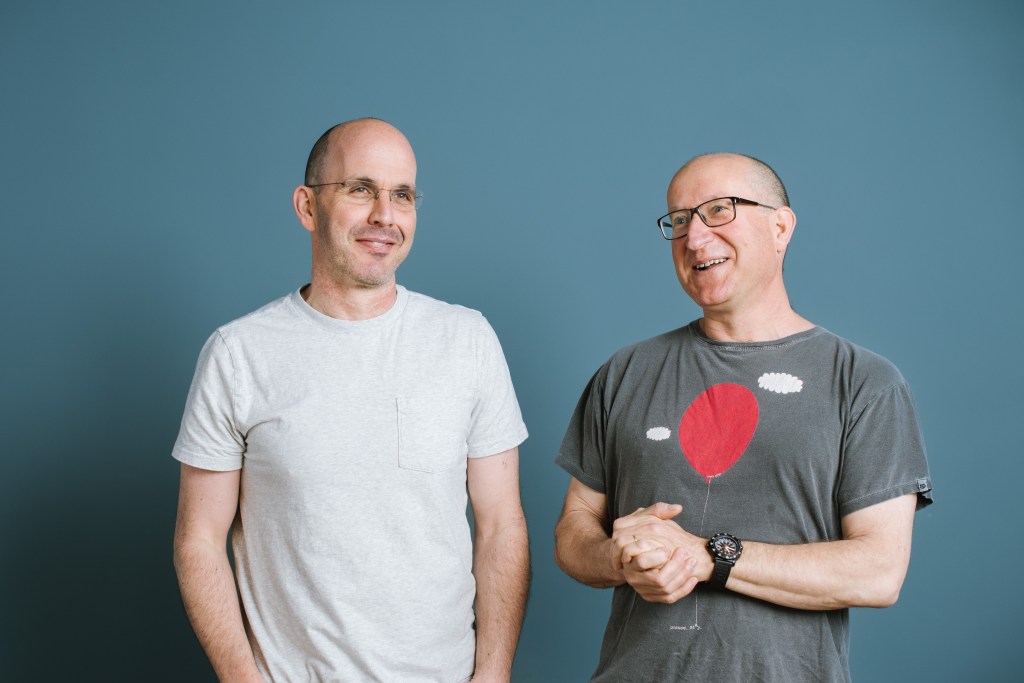Amid conversations of a crypto market downturn, there’s still capital being raised as demand for scalable blockchain infrastructure grows.
The most recent example of that fact is StarkWare Industries, which just raised $100 million at a valuation of $8 billion, the company shared on Wednesday. The new capital came just six months after the unicorn closed a $50 million Series C, quadrupling its valuation from $2 billion to $8 billion.
StarkWare’s Series D closed in the midst of the recent crypto market turmoil, “literally after LUNA crashed,” Eli Ben-Sasson, co-founder and president of StarkWare, said to TechCrunch. As mega-rounds become less prevalent in the crypto space (and other sectors) than they were in previous quarters, this $100 million funding event underscores investor belief in the need for blockchain infrastructure improvements.
“To a large extent, this valuation is a boat of confidence of this larger ecosystem,” Ben-Sasson said. “We’re part of this greater [layer 2] ecosystem alongside Arbitrum, Optimism, Solana, Polygon and a bunch of others doing amazing work that we’re very enthusiastic about.”
Layer 2 blockchains are secondary blockchains built on top of the technology that Layer 1 blockchains like Bitcoin, Ethereum or Avalanche have.
The round was led by Greenoaks Capital and Coatue. Tiger Global participated, as did other new and existing investors that were not disclosed. There is also a secondary transaction to the Series D, with employees selling some shares, according to a company release. To date, StarkWare has raised about $260 million, Ben-Sasson said.
“From day one, we have consistently engaged investors who have shared our vision of the future,” Uri Kolodny, co-founder and CEO of StarkWare, said to TechCrunch. “We are building for the long haul.”
After raising $50 million in November 2021, Kolodny said at the time the company “didn’t need the money” from the Series C, but the funds helped it grow its operations faster. It was not shared whether the capital has since been deployed.
The startup was founded in 2017 and aims to provide scaling and security solutions for Ethereum-based products through its “STARK” mathematical systems, which aim to enable more efficient use of blockchain. In the past year, it has increased its staff from about 50 people to 85 people, Kolodny said.
“Developers, ecosystem and community understands that blockchain has a bottleneck and the technology we’ve invented and productized is one of a small list of things that might alleviate this,” Ben-Sasson said.
STARK cuts fees by reducing the amount of information sent to the Ethereum blockchain and speeds up transactions by minimizing blockchain congestion, Ben-Sasson said. To date, about half a trillion dollars have been traded on StarkEx, its platform that compresses transactions through STARK before adding them to the Ethereum blockchain network.
“Our technology assures the blockchain of the integrity of computation,” Ben-Sasson said. “Integrity is a very important thing … we use math, which is the most elegant and pure form of truth and integrity. In order to imbue integrity on large chunks of computation off-chain and show it to the blockchain.”
This idea of integrity is not something that is needed in just blockchains, but in society too, Ben-Sasson said. “We need it in healthcare systems, COVID contract tracing, our financial infrastructure.”
Ben-Sasson expects blockchain technology to work to bring integrity to those areas. Slowly, and over time, blockchain tech will find a perch in even the most important institutions — governments, etc. — by making their data and actions both public and verifiable by external parties.
In June 2021, StarkWare launched its StarkNet platform for public testing, allowing any developer to use it to build crypto apps, not just its customers. By November 2021, its alpha testing went live on Mainnet, the main public Ethereum blockchain. In the past three months, it has had over 15,000 downloads and there has been “dramatic traction” regarding developer interest, Kolodny said.
“There’s stuff being built that couldn’t have been done on Ethereum before,” Kolodny said. “We’re all discovering together what this [platform] can do and how far it can go — and we think it can go extremely far.”
For example, StarkNet community member Francisco Algaba developed a framework called Giza a few weeks ago, which allows for machine learning on the blockchain, Kolodny said. “This is a hugely important discipline, but its computations are too heavy to run on the blockchain,” he said. But now, with scaling solutions like StarkNet’s, developers can combine machine learning properties with blockchain technology.
“We’re only just starting to scratch the surface and we’ll see what the future brings,” Kolodny said.






